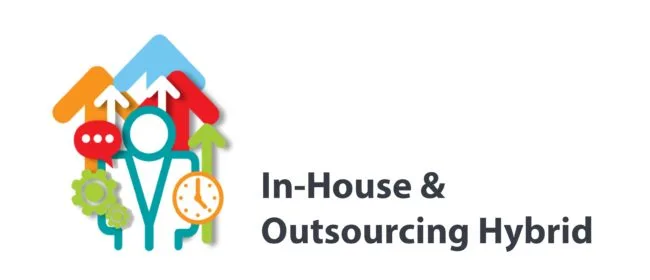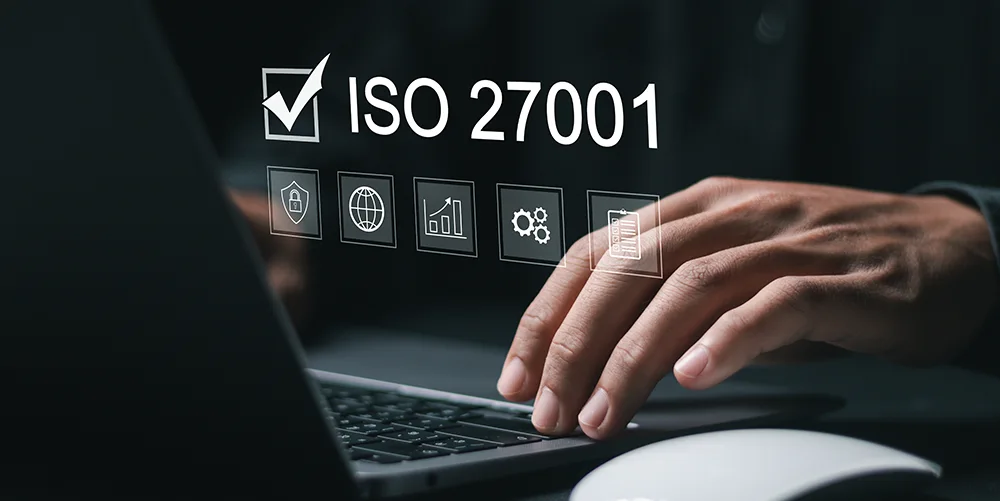Embracing the in-house/outsource hybrid

Posted on February 8, 2017 by Louise Howland
This is a classic conundrum for many small businesses, whether to outsource functions (HR, IT, Marketing, Finance) or to keep it all in-house. There are pros and cons to both arguments, but there is a 3rd option that we find works very well, embracing the mix. As a ‘lone marketer’ working for an SME I have personal experience of this, I look after all the marketing for ramsac however I outsource certain elements of marketing to expert agencies, who I am not too proud to say can do a better job than me at certain parts of my job!





